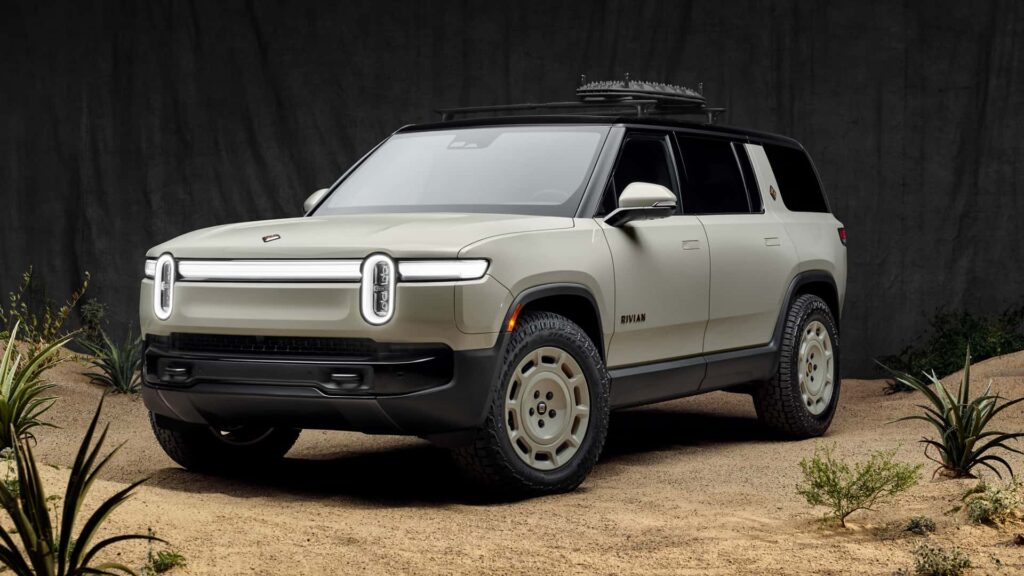Rivian, the electric vehicle startup, has been making significant strides in reducing its manufacturing costs for its EVs. In just six months, the company managed to slash over $50,000 from its automotive cost of goods sold per vehicle delivered. This achievement has enabled Rivian to achieve a gross profit for the second quarter in a row, marking a positive trajectory for the company.
The recent financial report from Rivian indicates a gross profit of $206 million for the second quarter, a significant milestone for the startup amidst the challenges posed by the fluctuating tariff landscape. While Rivian still faces an overall net loss of $541 million for the first quarter of this year, the consistent reduction in manufacturing costs is a positive sign of progress.
The cost reduction efforts have been quite remarkable, with Rivian cutting the automotive cost of goods sold per vehicle delivered by over $22,600 in the first quarter compared to the same period last year. In the fourth quarter of last year, the company achieved an even more impressive cut of $31,000 per vehicle. In just six months, Rivian managed to reduce its vehicle manufacturing costs by over $53,000, showcasing the effectiveness of its cost-saving strategies.
The savings have primarily been attributed to technological enhancements applied to the refreshed R1S and R1T models, as well as ongoing negotiations with parts suppliers. The introduction of a new zonal architecture for the electronics in the 2025 Rivian R1T and R1S allowed the company to eliminate 1.6 miles of internal wiring, contributing to the overall cost reduction.
It is important to note that despite the substantial manufacturing cost reductions, Rivian has maintained the selling price of its EVs. This strategy has allowed the company to lower expenses and increase profitability, a crucial aspect of sustainable business growth. With plans to introduce the more affordable R2 SUV with an estimated starting price of $45,000 next year, Rivian aims to tap into a new customer base and further expand its market reach.
Looking ahead, Rivian’s roadmap includes the production of the even smaller and cheaper R3 model, expected to enter production in 2028 at the earliest. By continuously optimizing its manufacturing processes and product offerings, Rivian is positioning itself for long-term success in the competitive EV market.

